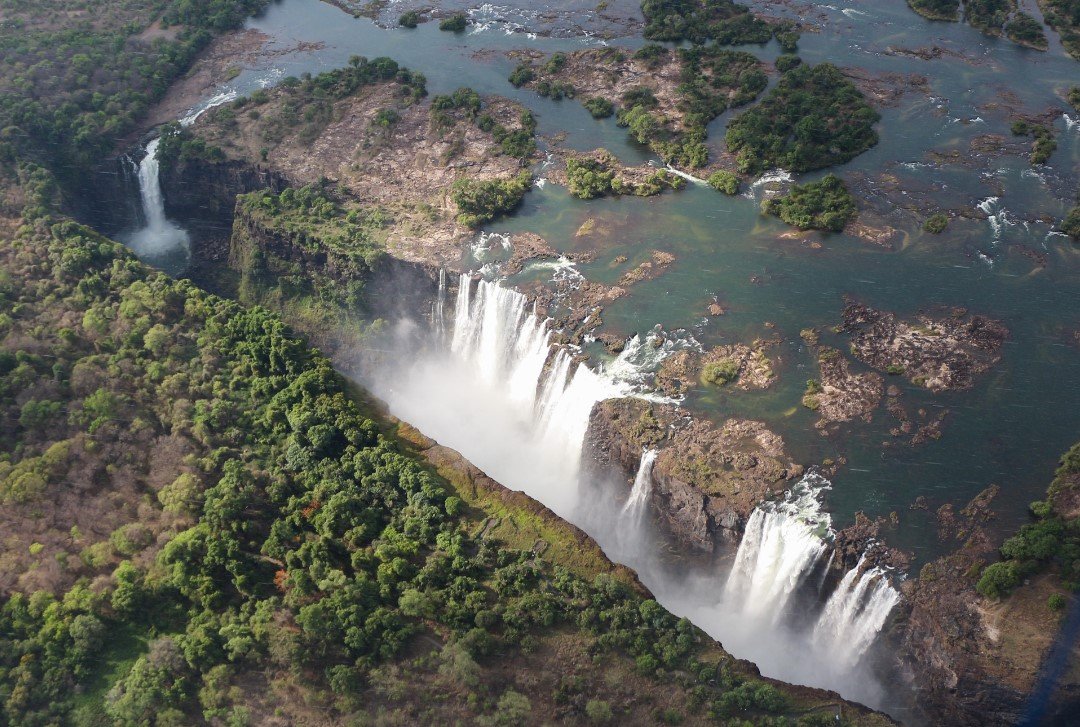As the festive season comes to a close, it’s time to reflect on the past year’s travel and tourism trends. The tourism industry in Zimbabwe, dubbed a “world of wonders,” saw a significant resurgence post-pandemic, with brisk business reported at various lodges and hotels. The Zimbabwe Tourism Authority (ZTA) played a crucial role in this recovery, with new leadership and strategic initiatives aimed at surpassing the USD$5 billion revenue target. This retrospective analysis highlights the key developments and challenges faced by the tourism sector over the past year.
The past year marked a significant recovery for Zimbabwe’s tourism industry, which had been severely impacted by the COVID-19 pandemic. The appointment of Winnie Muchanyuka as the new chief executive officer of the ZTA brought renewed energy and focus to the sector. Muchanyuka, with her extensive experience in tourism and aviation, pledged to surpass the ambitious revenue target set by the government. Her leadership has been instrumental in driving the National Tourism Recovery and Growth Strategy, which aims to turn around the industry’s fortunes.

One of the key strategies implemented by the ZTA was to enhance collaboration between the government and tourism and hospitality players. This partnership has been crucial in bidding for Meetings, Incentives, Conferences, Exhibitions, and Tourism Events (MICE), which have significantly contributed to the sector’s recovery. The success of these initiatives is evident in the increased tourist arrivals and the positive feedback from industry stakeholders.
Despite the challenges posed by the pandemic, the tourism industry in Zimbabwe has shown remarkable resilience. The efforts of the ZTA and the commitment of tourism players have laid a strong foundation for continued growth and development in the coming years.
Key Appointments and Strategic Initiatives
The past year saw several key appointments within the ZTA, aimed at strengthening the organization’s leadership and strategic direction. In addition to Muchanyuka, media personality Beatrice Tonhodzayi was appointed to the tourism promotion board of directors. Tonhodzayi’s media expertise is expected to enhance the ZTA’s efforts in promoting Zimbabwe as a premier tourist destination and attracting positive international coverage.
The ZTA also focused on leveraging the potential of the Diaspora to boost tourism. The Diaspora Engagement Policy (DEP), launched in December 2023, aims to foster a deeper connection and collaboration between Zimbabwe and its global Diaspora. By aligning the strengths of the tourism policy and the DEP, the ZTA seeks to create a framework that supports effective Diaspora coordination, governance, and tourism activities.
Another significant initiative was the Sanganai/Hlanganani World Tourism Expo, which provided a platform for tourism players to showcase their offerings and network with international buyers. The expo was a resounding success, attracting participants from across the globe and generating substantial business opportunities for local tourism operators.
Challenges and Opportunities
While the tourism industry in Zimbabwe has made significant strides, it also faces several challenges that need to be addressed to sustain growth. One of the primary challenges is the need to improve infrastructure and services to enhance the visitor experience. The government and industry stakeholders must work together to invest in infrastructure development, including transportation, accommodation, and tourist facilities.
Another challenge is the need to diversify the tourism offerings to attract a broader range of visitors. By promoting cultural, eco, and adventure tourism, Zimbabwe can tap into new markets and reduce its reliance on traditional tourist attractions. This diversification will also help to distribute the benefits of tourism more evenly across the country, supporting local communities and preserving cultural heritage.
The ongoing global economic uncertainties and geopolitical tensions also pose risks to the tourism industry. It is essential for Zimbabwe to remain adaptable and resilient in the face of these challenges, ensuring that the tourism sector continues to thrive and contribute to the nation’s economic prosperity.
Looking ahead, the future of Zimbabwe’s tourism industry appears promising, with continued growth expected in the coming years. The efforts of the ZTA and the commitment of tourism players will be crucial in realizing this potential and positioning Zimbabwe as a leading destination in the global tourism market.
















